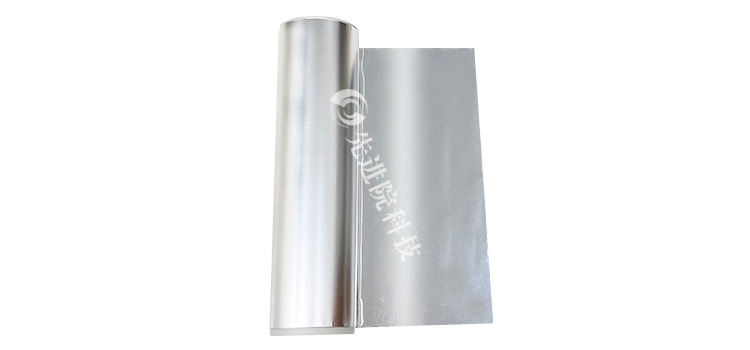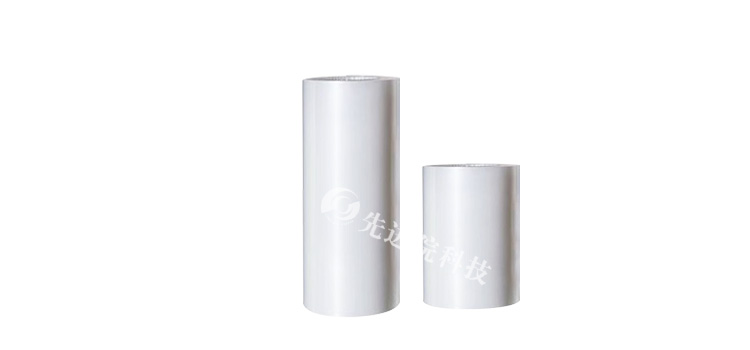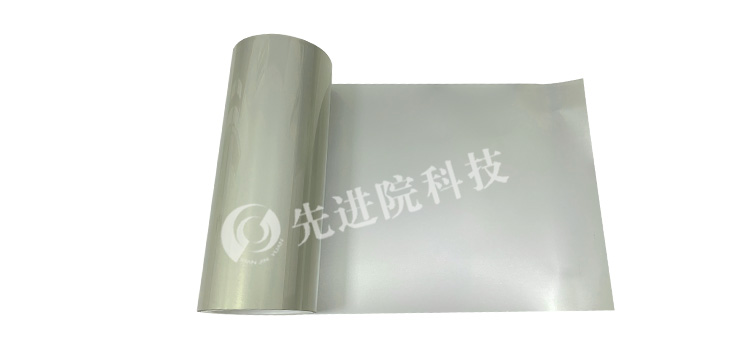Polyimide (PI) is a high-performance engineering plastic widely used in electronics, aerospace, and high-end manufacturing industries due to its excellent mechanical properties, thermal stability, and chemical inertness. In many applications, PI surfaces are often treated with nickel plating to enhance their conductivity, wear resistance, and weldability. However, when
PI nickel plating filmWhen in contact with other metallic or non-metallic materials, their chemical stability and reactivity become important research topics. This article will combine the research results of Advanced Institute (Shenzhen) Technology Co., Ltd. to explore the chemical behavior of PI nickel plating film when in contact with other materials.
1、 Characteristics of PI nickel plating film
PI materials themselves have excellent chemical inertness and can maintain stability in extreme environments. However, the nickel plated PI surface introduces metallic properties, and the chemical properties of the nickel layer are different from those of the PI substrate. Nickel is a lively transition metal with good conductivity and corrosion resistance, but its chemical activity also means that reactions may occur under specific conditions.

2、 Reactivity of PI nickel plating film in contact with other metals
(1) Contact with lively metals
When the PI nickel plating film comes into contact with other active metals such as aluminum, magnesium, etc., an electrochemical reaction occurs. This is because nickel has a higher electrochemical activity than these metals, forming the primary battery effect. In humid environments, this reaction accelerates, leading to metal corrosion and peeling of nickel plating. For example, when nickel comes into contact with aluminum, aluminum will preferentially oxidize, and the nickel layer may fail due to electrochemical corrosion.
(2) Contact with precious metals
When in contact with precious metals such as gold, silver, etc,
PI nickel plating filmThe reactivity is relatively low. Precious metals have high chemical inertness and do not undergo significant chemical reactions with nickel. However, weak diffusion phenomena may still occur in high temperatures or specific chemical environments. For example, gold and nickel undergo limited interdiffusion at high temperatures, but this diffusion rate is slow and usually does not have a significant impact on the performance of the nickel plating layer.

3、 Reactivity of PI nickel plating film in contact with non-metallic materials
(1) Contact with organic materials
When PI nickel plating film comes into contact with organic materials such as plastic, rubber, etc., no chemical reaction usually occurs. PI itself has good chemical stability, while the nickel layer mainly provides mechanical protection and conductivity. However, if organic materials contain active chemical groups (such as amino groups, carboxyl groups, etc.), they may undergo slow chemical adsorption with the nickel layer, resulting in changes in surface properties.
(2) Contact with inorganic non-metallic materials
When in contact with inorganic non-metallic materials such as ceramics, glass, etc,
PI nickel plating filmThe chemical stability is relatively high. These materials typically have good chemical inertness and do not react with nickel layers. However, in high temperature environments, there may be a problem of thermal expansion mismatch, which can cause stress between the nickel plating layer and the substrate, affecting their bonding strength.

4、 Research achievements of Advanced Institute (Shenzhen) Technology Co., Ltd
Advanced Institute (Shenzhen) Technology Co., LtdSignificant progress has been made in the study of chemical stability of PI nickel plating film. The company has developed a new type of PI nickel plating film through surface modification technology, which can significantly improve chemical stability after special surface treatment. For example, adding a nanoscale oxide coating on the surface of the nickel plating layer can effectively prevent direct contact with other materials and reduce the possibility of chemical reactions.
In addition, the company also studied the chemical behavior of PI nickel plating film under different environmental conditions. By simulating high temperature, high humidity, and chemical corrosion environments, it was found that the PI nickel plating film undergoes slow chemical changes under specific conditions. For example, in acidic or alkaline environments, the nickel layer may corrode, leading to a decrease in surface properties. To this end, the company has developed a corrosion-resistant additive that can significantly improve the service life of nickel plating films in harsh environments.
5、 Conclusion
The chemical stability of PI nickel plating film when in contact with other metal or non-metal materials depends on the properties of the contact material and environmental conditions. When in contact with active metals, electrochemical reactions occur, leading to the failure of the nickel plating layer; When in contact with precious metals or non-metallic materials, the chemical reactivity is low, but attention should still be paid to the influence of environmental factors on performance. Advanced Institute (Shenzhen) Technology Co., Ltd. has significantly improved the chemical stability of PI nickel plating film through surface modification and additive technology, providing strong support for the application of PI materials in complex environments. In the future, with the continuous development of materials science, the performance of PI nickel plating film is expected to be further optimized to meet the needs of more high-end applications.
The above data is for reference only, and specific performance may vary due to production processes and product specifications.







